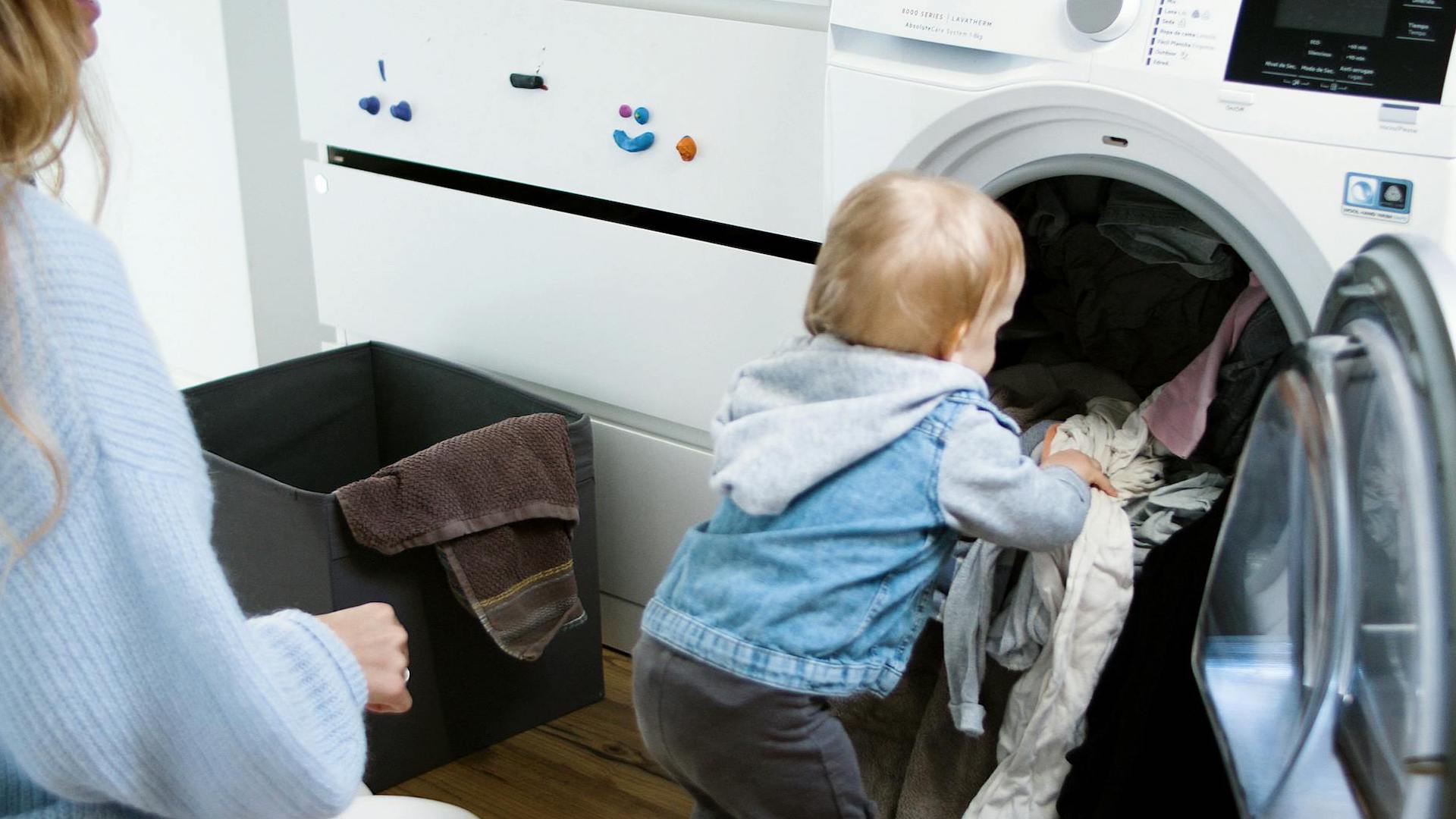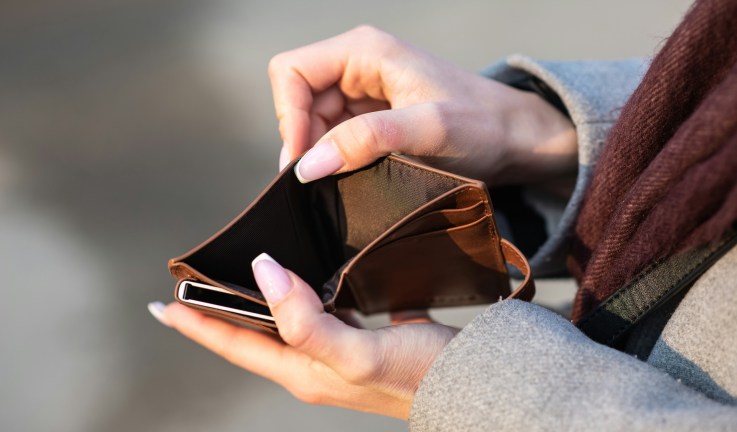How to apply for a white goods grant
Applying for a white goods grant can vary depending on the organisation offering the support. These grants are usually aimed at people on low incomes or receiving certain benefits, or people facing significant change in circumstances such as recently moving into a secure home after a period of homelessness.
If you’re wondering if you can get a white goods grant, the answer depends largely on your situation and where you are in the UK. A lot of charities and local councils offer grants that can cover white goods, and the Department for Work and Pensions (DWP) has some relevant schemes too, but eligibility criteria will differ. Many target the support at people claiming means-tested benefits like universal credit, income-based jobseeker’s allowance or pension credit, while others focus on helping families with young children, disabled people or those fleeing domestic abuse.
People receiving universal credit can apply for a budgeting advance. If you’re on so-called legacy benefits like income support or pension credit you can apply for a budgeting loan – it’s a slightly different process but is effectively the same thing. This isn’t the kind of loan you’d get from a high-street bank or a lender with interest rates, and it doesn’t require a credit check, but it is still a loan – so you have to pay it back.
You repay the advance or loan through deductions from your benefit payments, so it’s not a grant, but it can be a lifeline for households unable to cover a one-off expense up front.
One of the best ways to find a white goods grant is using tools like the Organisations like Turn2Us grants search, which lets you check what’s available to people in your circumstances and area, covering offers from more than 1,500 charities.
Glasspool is one such organisation, working to alleviate sudden financial crises for low-income households. Family Fund hands out grants to families with disabled or seriously ill children in the UK.
Advertising helps fund Big Issue’s mission to end poverty
In many cases you’ll need to show evidence of your financial situation or level of need, so be sure to have things like benefits paperwork and proof of income ready. You’ll usually need to fill out a form, provide your supporting documents and wait for a decision – the length of time this takes varies from a few days to several weeks or months, depending on demand and the funding available.
Most local authorities run a form of welfare fund, set up to help people struggling to cover one-off costs. What’s available will depend where you are, so contact your council to find out if you could be eligible for a hardship payment.
People in Scotland might qualify for the Scottish Welfare Fund, while it’s the Discretionary Assistance Fund in Wales. In most cases you’ll need to prove that you’re receiving a certain benefit or are on a low income, and – just as with charity grants – the decisions are made on a case-by-case basis, meaning you might be refused.
Make sure to check what benefits you’re eligible for if you’re not already claiming.
How much is a white goods grant?
The amount you can receive through a white goods grant depends on the specific fund or organisation providing the support. It can range from covering the full cost of an appliance to only covering part of the price. Some schemes work with retailers and suppliers to offer discounted or free appliances directly, meaning you might not receive cash but instead get the item you need delivered to your home.
A council might cover up to £300 for a cooker or washing machine, for example, while a charity might offer a higher amount depending on your needs – you need to apply to find out what you might get. Grants are sometimes capped at a certain value, and you might be asked to contribute a portion of the cost if the appliance costs more than that amount.
Advertising helps fund Big Issue’s mission to end poverty
It’s worth noting that some white goods grants come in the form of vouchers that can only be used with specific suppliers.
If you’re applying for support through a budgeting advance or loan on benefits, the amount you can borrow varies, usually between £100 and £812 depending on your circumstances. Your personal loan amount will depend on things like the size of your family, whether you’re repaying other DWP loans, and your ability to repay. Single people, couples and families with children are all entitled to different maximum loan amounts.
What can I use the grant for?
White goods grants are designed to cover essential appliances that improve your quality of life and help you manage your household. This means you often can get a grant for a cooker or a washing machine.
Cookers are one of the most commonly funded items because they’re vital for preparing meals at home. Many schemes specifically include electric or gas cookers as part of what they offer, and some even cover the cost of installation.
Washing machines are frequently funded too, especially for families with children or people with health conditions that make laundry a daily necessity. Without access to a washing machine, households often have to pay higher costs at laundrettes or have to rely on less hygienic alternatives.
Fridges and fridge-freezers are frequently covered by grants too. Dishwashers, while less common, are sometimes funded for households with large families or disabled people who find it difficult to wash dishes by hand.
Advertising helps fund Big Issue’s mission to end poverty
There’s usually some flexibility to these funds – if you need a dryer because you don’t have space for a washing line, for example, this might be considered. It’s always worth checking with the specific organisation offering the grant to understand exactly what’s included and whether you’re likely to qualify for help.
If you’re replacing an existing appliance you might need to prove that it’s broken or no longer fit for purpose.
Do you have a story to tell or opinions to share about this? Get in touch and tell us more. Big Issue exists to give homeless and marginalised people the opportunity to earn an income. To support our work buy a copy of the magazine or get the app from the App Store or Google Play.






